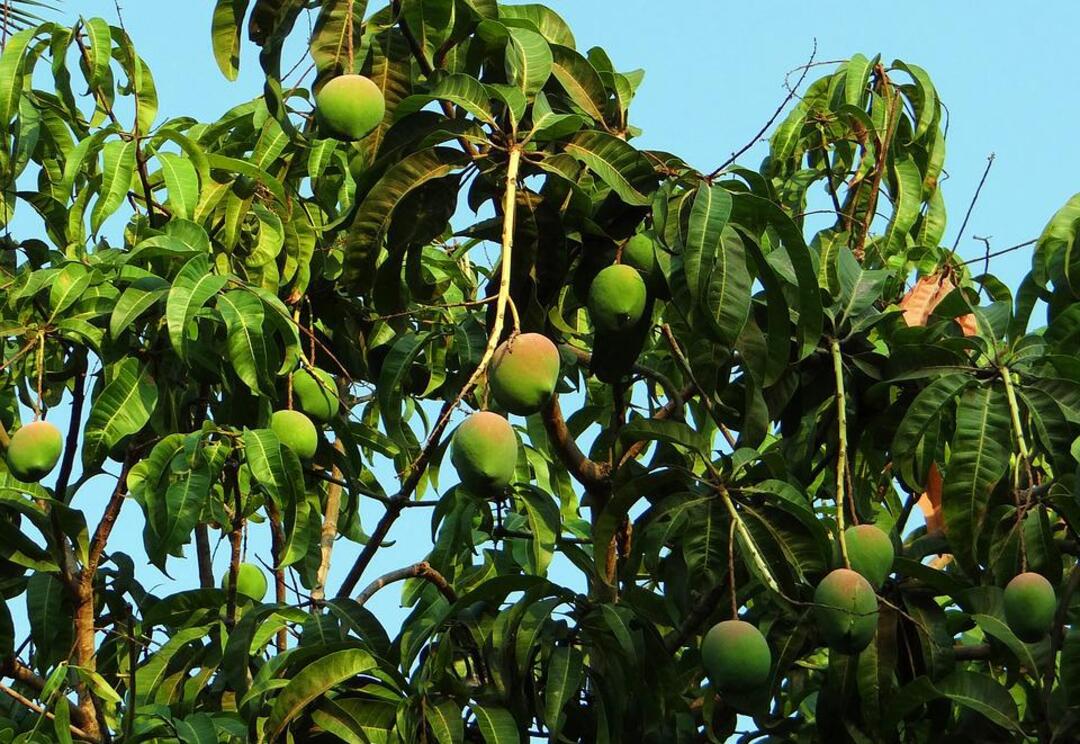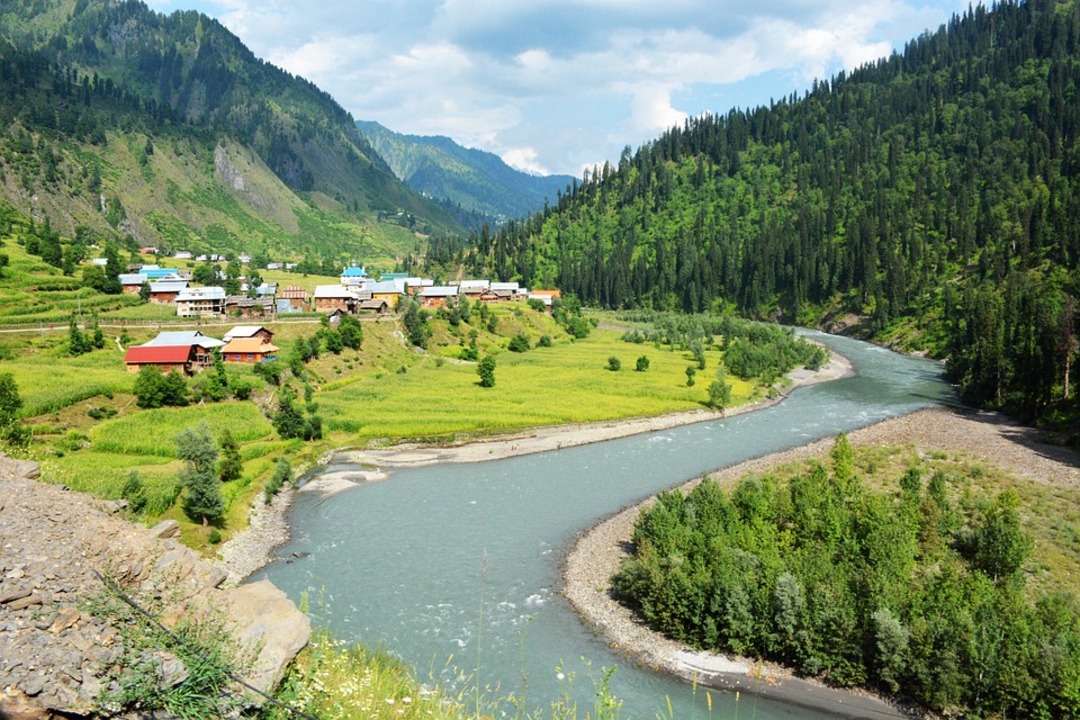-
Pakistan’s prized mango harvest hit by water shortages

The Arabnews reported, citing the AFP, mango farmers in Pakistan say production of the prized fruit has fallen by up to 40 percent in some areas because of high temperatures and water scarcity in a country identified as one of the most vulnerable to climate change.
The arrival of mango season in Pakistan is eagerly anticipated, with around two dozen varieties arriving through the hot, humid summers.
This year, however, temperatures rose sharply in March — months earlier than usual — followed by heatwaves that damaged crops and depleted water levels in canals farmers depend on for irrigation.
Fazle Elahi, counting the bags lined up by his farm, said: “Usually I pick 24 truckloads of mangoes... this year I have only got 12,” adding that “We are doomed.”
The country is among the world’s top exporters of mangoes, harvesting nearly two million tons annually across southern parts of Punjab and Sindh.

The total harvest is yet to be measured, but production is already short by at least 20 to 40 percent in most areas, according to Gohram Baloch, a senior official at the Sindh provincial government’s agriculture department.
Umar Bhugio, who owns swaths of orchards outside Mirpur Khas — locally known as the city of mangoes — said his crops received less than half the usual amount of water this year.
Climate change: More than 500 cases of suffocation in Iraq due to dust storm
He said: “Mango growers confronted two problems this year: one was the early rise in temperatures, and secondly the water shortage.”
Pakistan is one of the most water-stressed countries in the world, a problem made worse by poor infrastructure and mismanagement of resources.
It also ranks as the country eighth most-vulnerable to extreme weather due to climate change, according to the Global Climate Risk Index compiled by environmental NGO Germanwatch.
Floods, droughts and cyclones in recent years have killed and displaced thousands, destroyed livelihoods and damaged infrastructure.
“The early rise of temperatures increased the water intake by crops. It became a contest among different crops for water consumption,” said food security expert Abid Suleri, head of the Sustainable Development Policy Institute (SDPI).
A rise in temperature is generally expected in the mango belt in early May, which helps the fruit ripen before picking starts in June and July.
Climate change: Six dead in glacier collapse in northern Italy
But the arrival of summer as early as March damaged the mango flowers, a key part of the reproductive cycle.
Elahi said: “The mango should weigh over 750 grams but this year we picked very undersized fruit.”
Known in South Asia as the “king of fruits,” the mango originated in the Indian subcontinent.
The country’s most treasured variety is the golden-yellow Sindhri, known for its rich flavour and juicy pulp.
Source: arabnews
You May Also Like
Popular Posts
Caricature
BENEFIT Sponsors BuildHer...
- April 23, 2025
BENEFIT, the Kingdom’s innovator and leading company in Fintech and electronic financial transactions service, has sponsored the BuildHer CityHack 2025 Hackathon, a two-day event spearheaded by the College of Engineering and Technology at the Royal University for Women (RUW).
Aimed at secondary school students, the event brought together a distinguished group of academic professionals and technology experts to mentor and inspire young participants.
More than 100 high school students from across the Kingdom of Bahrain took part in the hackathon, which featured an intensive programme of training workshops and hands-on sessions. These activities were tailored to enhance participants’ critical thinking, collaborative problem-solving, and team-building capabilities, while also encouraging the development of practical and sustainable solutions to contemporary challenges using modern technological tools.
BENEFIT’s Chief Executive Mr. Abdulwahed AlJanahi, commented: “Our support for this educational hackathon reflects our long-term strategic vision to nurture the talents of emerging national youth and empower the next generation of accomplished female leaders in technology. By fostering creativity and innovation, we aim to contribute meaningfully to Bahrain’s comprehensive development goals and align with the aspirations outlined in the Kingdom’s Vision 2030—an ambition in which BENEFIT plays a central role.”
Professor Riyadh Yousif Hamzah, President of the Royal University for Women, commented: “This initiative reflects our commitment to advancing women in STEM fields. We're cultivating a generation of creative, solution-driven female leaders who will drive national development. Our partnership with BENEFIT exemplifies the powerful synergy between academia and private sector in supporting educational innovation.”
Hanan Abdulla Hasan, Senior Manager, PR & Communication at BENEFIT, said: “We are honoured to collaborate with RUW in supporting this remarkable technology-focused event. It highlights our commitment to social responsibility, and our ongoing efforts to enhance the digital and innovation capabilities of young Bahraini women and foster their ability to harness technological tools in the service of a smarter, more sustainable future.”
For his part, Dr. Humam ElAgha, Acting Dean of the College of Engineering and Technology at the University, said: “BuildHer CityHack 2025 embodies our hands-on approach to education. By tackling real-world problems through creative thinking and sustainable solutions, we're preparing women to thrive in the knowledge economy – a cornerstone of the University's vision.”
opinion
Report
ads
Newsletter
Subscribe to our mailing list to get the new updates!






















